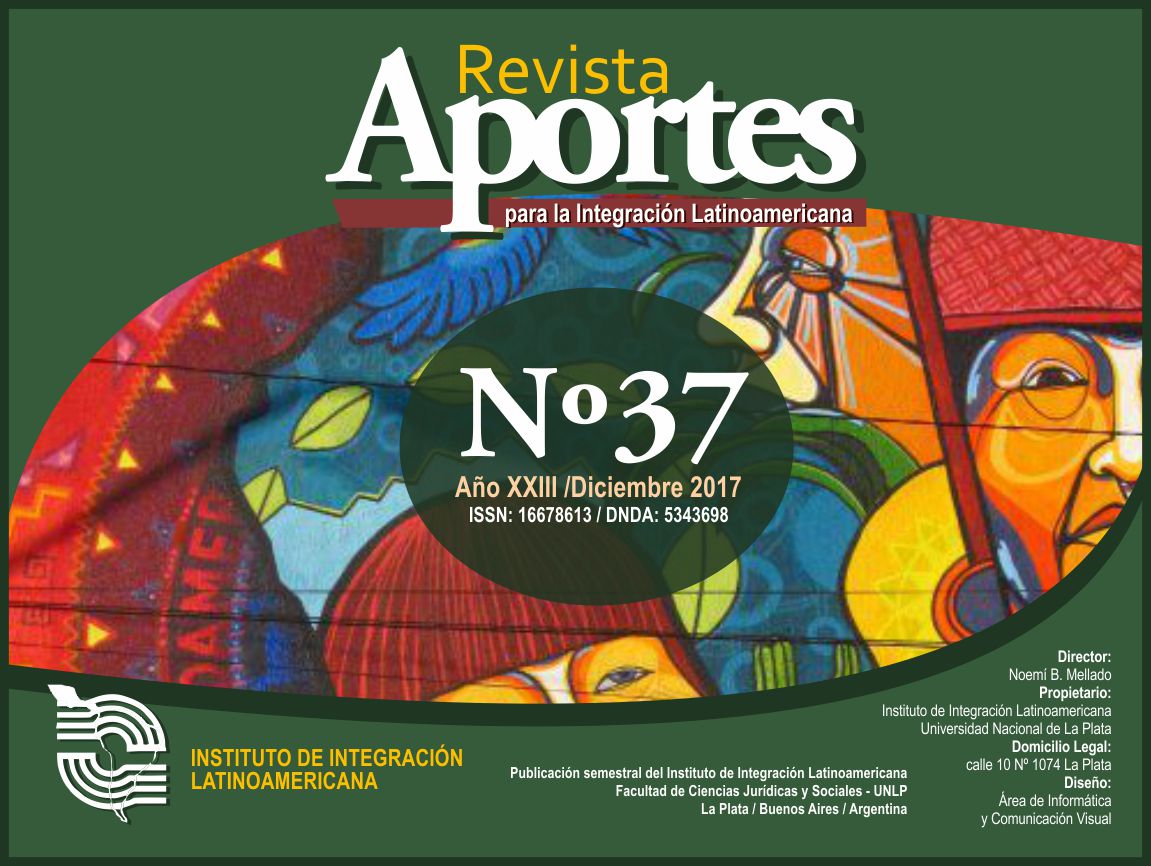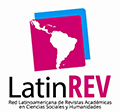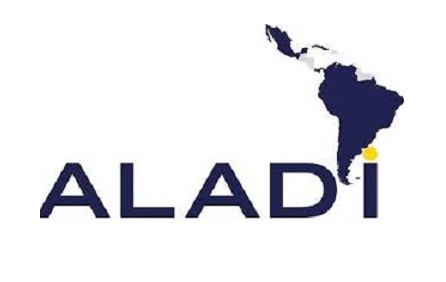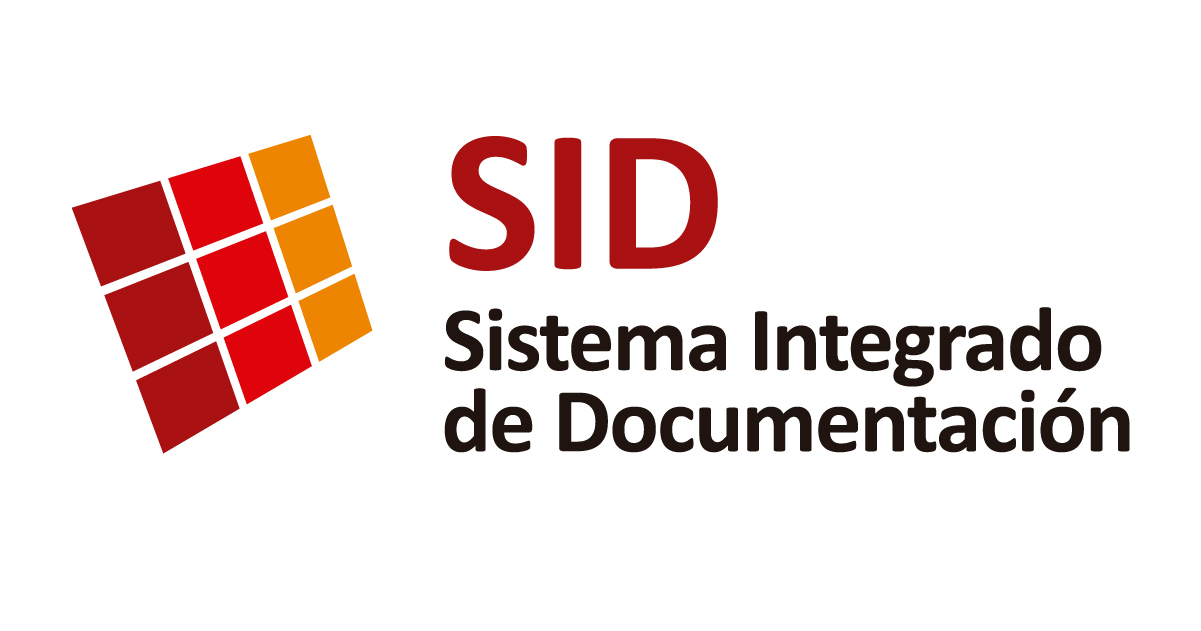Transition in South American Regionalisms: Domestic Dynamics and Global Factors
DOI:
https://doi.org/10.24215/24689912e005Keywords:
regionalism – UNASUR – conflict resolution – Mercosur - Pacific Alliance –convergence.Abstract
This paper examines the transition in South American regionalisms during a period marked by political changes in several countries in the area, as well as in the global system. The analysis is framed into the theoretical discussion on regionalism, and is based upon contributions of empirical research. The first section considers the definition of the concept of South America as a distinctive spatial unit. The findings of this study show that UNASUR experiences a period of institutional stagnation and loss of capacities for fulfilling its mission as a forum for intra-regional cooperation, concerted political agreements, and South American regional conflict-solution. Conversely, at the sub-regional level, the Mercosur and the Pacific Alliance’ efforts in policy-coordination towards convergence prove advancements and realist planning during the short period covered in this paper, however, success in attaining their convergence goals is subject to their capacity for building consensus between different integration models.
Downloads
Metrics
Downloads
Published
How to Cite
Issue
Section
License
Obras bajo licencia CC-BY-NC-ND
Esta licencia no permite la generación de obras derivadas ni hacer un uso comercial de la obra original, es decir, sólo son posibles los usos y finalidades que no tengan carácter comercial.


































